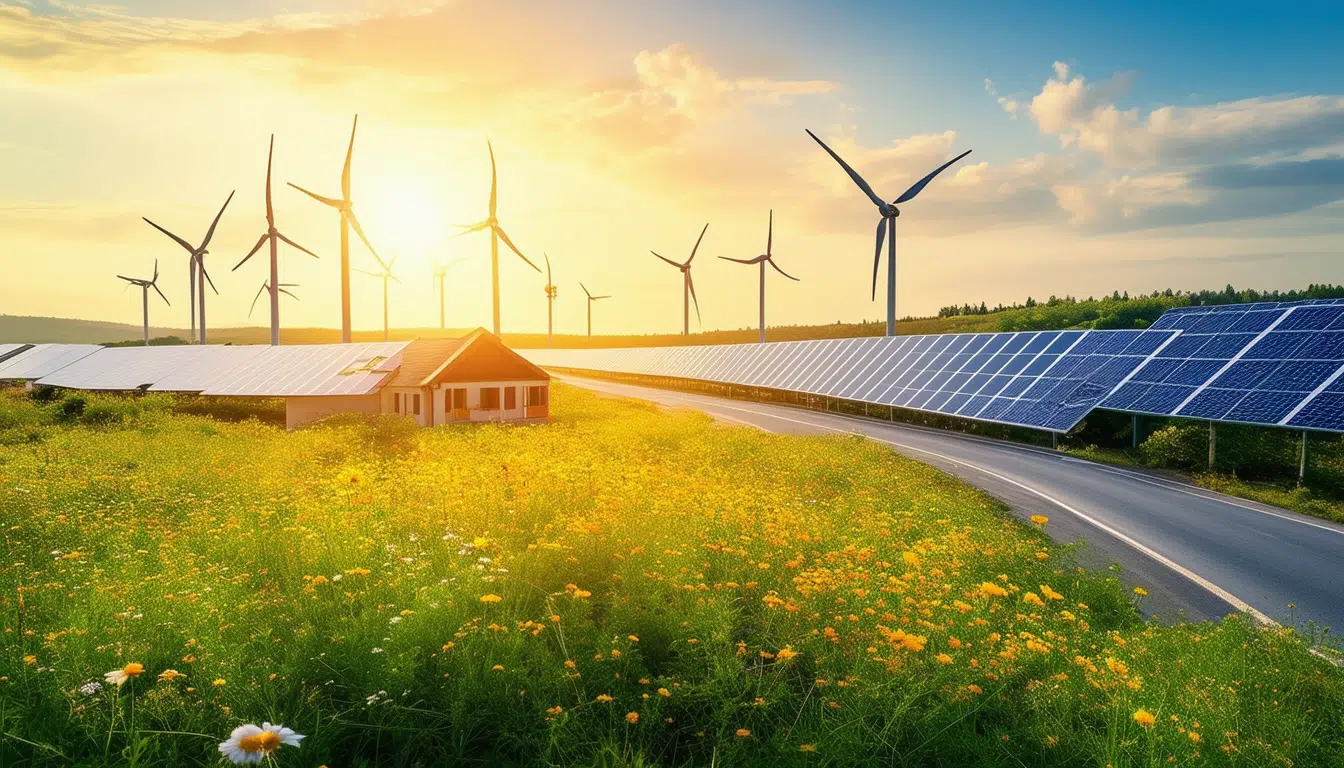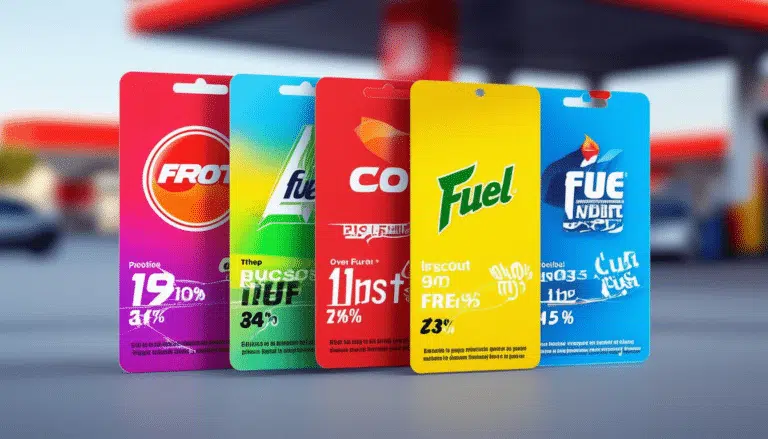The use of renewable energies to minimize fuel expenses

The use of renewable energy has become a key solution to minimize fuel expenses and, in turn, reduce dependence on fossil fuels. In a world where concern for the environment and sustainability is increasingly relevant, energy sources like solar and wind stand out for their ability to offer clean and abundant alternatives. Implementing these alternatives not only allows for a decrease in polluting energy consumption, but also contributes to a greener economy and the fight against climate change.
In a world where dependence on fossil fuels continues to generate environmental and economic concerns, the use of renewable energy presents itself as a viable and necessary solution. Alternatives such as solar, wind, and hydraulic energy offer not only the possibility to reduce fuel expenses, but also the opportunity to contribute to a more sustainable future. This article explores how these clean energies can transform the way we consume energy, with a positive impact on our finances and the environment.
The need to reduce energy dependence
The dependence on fossil fuels has led to an increase in energy costs and has been a key factor in climate change. This situation makes the transition to renewable energy urgent, which can provide more affordable and sustainable energy sources. Investment in clean technologies is fundamental to decreasing the economic vulnerability caused by the volatility of traditional fuel prices.
Renewable energies as an economic solution
Implementing renewable energies such as solar and wind not only helps conserve the environment, but can also result in significant economic savings. Although initially the cost of installation and equipment may be high, in the long run, users can see a considerable reduction in their energy bills. Moreover, these energy sources tend to be more stable in terms of prices, which minimizes economic uncertainty.
Impact on greenhouse gas emissions
One of the most effective ways to combat climate change is to reduce greenhouse gas emissions. By replacing fossil fuels with energies such as wind and solar, significant reductions can be achieved in the amount of CO2 released into the atmosphere. This is not only beneficial for the environment but also improves the quality of life for communities by decreasing air pollution.
Improvements in energy efficiency
Apart from adopting renewable energies, energy efficiency plays a crucial role in minimizing fuel expenses. An improvement in the efficiency of equipment and processes can lead to lower energy consumption and a considerable reduction in costs. For example, implementing energy-saving technologies can transform mobility and the use of fuels in different sectors.
Government and community initiatives
Governments and local organizations play an important role in promoting clean energies. There are initiatives aimed at encouraging the adoption of sustainable technologies and fostering investment in renewable energy. The European Union, for example, has implemented measures to reduce consumption and encourage the use of renewable energies based on its sustainability plan.
Renewable energies: a promising future
As technologies advance, renewable energies are becoming an increasingly accessible and efficient option. The possibility of using inexhaustible sources such as the sun, wind, and water to generate energy promises a more secure and economically viable energy future. Recent developments in energy storage and innovative electric motors are some of the technological marvels that are changing the energy landscape.
Conclusions about the energy of the future
With the pressure to reduce polluting emissions and fuel expenses, the use of renewable energies becomes a necessity rather than an option. The economic, environmental, and social benefits that stem from this transition demonstrate the relevance of investing in and adopting these energy solutions to ensure a cleaner and more sustainable future.
For more information on how to save on fuel usage, you can visit this link.
In a world where dependence on fossil fuels has created a concerning landscape in terms of sustainability and costs, the adoption of renewable energies presents itself as a viable and necessary alternative. Energy sources such as solar, wind, hydraulic, and biomass are not only inexhaustible but also help reduce greenhouse gas emissions, thus contributing to the fight against climate change.
The transition to this type of energy allows for a decrease in fuel expenses, as in the long term, investment in renewable infrastructure proves to be more economical than dependence on increasingly scarce and costly fossil resources. For example, installing solar panels in homes can significantly reduce the electric bill, freeing consumers from the volatile prices of the energy market.
Additionally, implementing measures for energy efficiency in combination with the use of renewable energies further enhances savings. Improving the efficiency of appliances, heating systems, and building insulation are actions that complement the use of clean energy and optimize consumption. This not only makes homes more sustainable but also increases their economic value.
On the other hand, technological advances in the mobility sector also play a fundamental role. Electric vehicles powered by renewable energies offer a clean and economical alternative in transportation. The expansion of charging stations that use solar or wind energy is a crucial step toward reducing dependence on diesel and gasoline.
In conclusion, the use of renewable energies not only represents a step toward a more sustainable future, but also translates into significant economic savings and a reduction in expenses destined for fuels. The combination of clean energies and efficient practices opens the doors to a new energy era where the environment and the economy can coexist harmoniously.




